We interviewd people, susch as Fredrik Federly, Jessica Polfjärd and Piotr Borkowski visiting the network. Hear what they had to say.
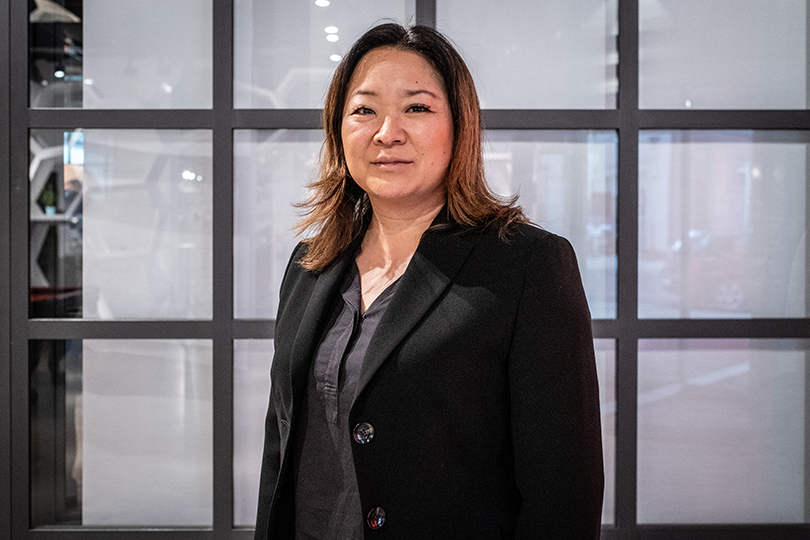
MEP Jessica Polfjärd (EPP)
Q: Why are you going to host an event of the 'Wood be better' network?
A: First of all, as a Swede I have a huge interest in forest issues. They are important in the fight against climate change. We have to take care of our forests to reap their climate benefits. In Sweden, we have a long tradition of managing forests across generations. Planning is key to ensure new forest replaces that which is cut down. I want to join the Swedish forest industry in explaining how well we do things at home. I'd like to host a future event that focuses on new forest-based materials to reduce plastics, for example. Legislation should not "punish" bio-based products but ensure their climate benefit is taken into account.
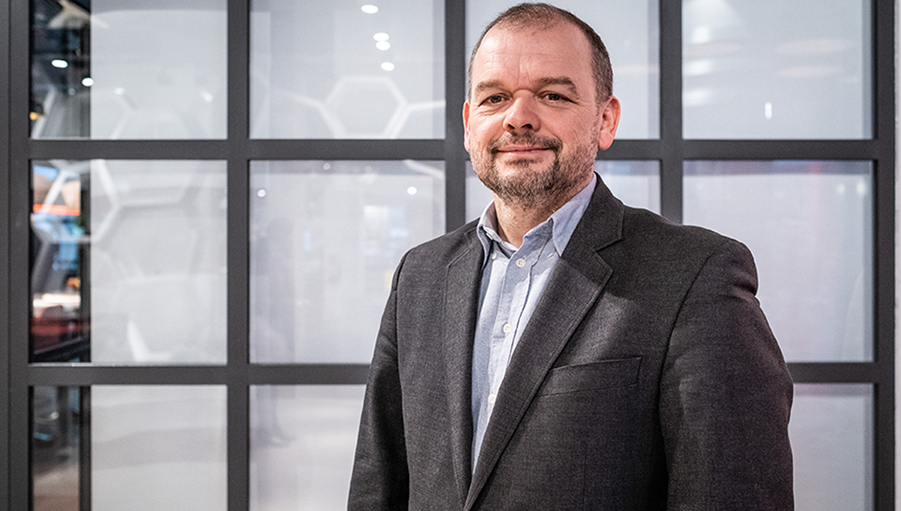
Piotr Borkowski, Executive Director Eustafor, European State Forest Association
Q: What theme would you suggest for a next 'Wood be better' network meeting?
A: We need to draw the attention of policymakers to the fundamentals of sustainable forest management and how these should be reflected in European policy. For example, the fact that a forest is multi-purpose: its primary products are wood, timber and biomass. We also need to address the concept of sustainability for a forest, which is based on a long-term production cycle. We have to grow a forest and we benefit from it, when it becomes mature. Yes, we log and we also ensure that a new generation replaces the forest which is used. The old is replaced by the new, just like with people!
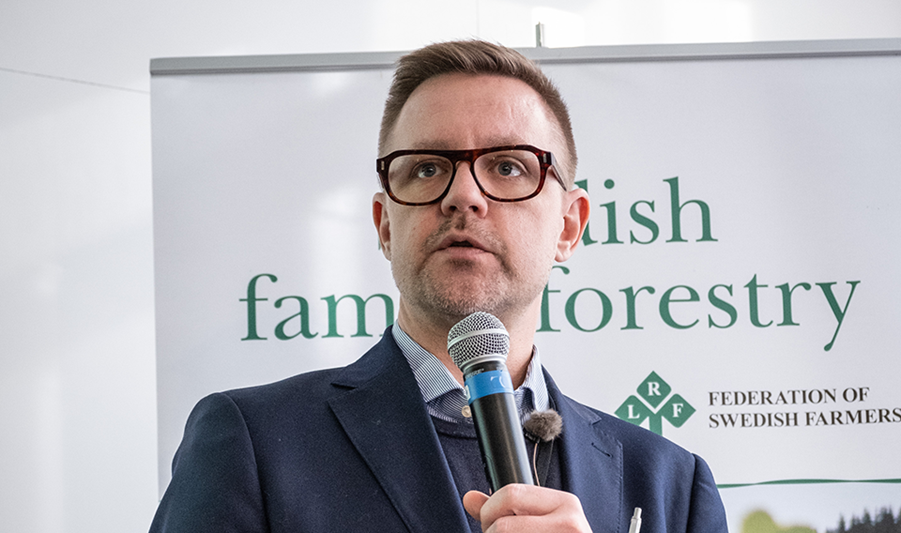
MEP Fredrick Federley (Renew Europe)
Q: What is the climate potential of forest-based products?
A: Ensuring the long-term management of forests will make sure they remain a carbon sink. But carbon can also be stored in forest products. For example, it is possible to build in a much climate-friendlier way than we do today by substituting forest-based materials for fossil-based materials. The forestry sector can also produce textiles that last longer and can be recycled, and hence create a new industry in Europe. In the chemicals sector, bio-based materials can "clean up" a lot of fossil-based feedstocks and help avoid the use of potentially toxic chemicals in industrial processes.
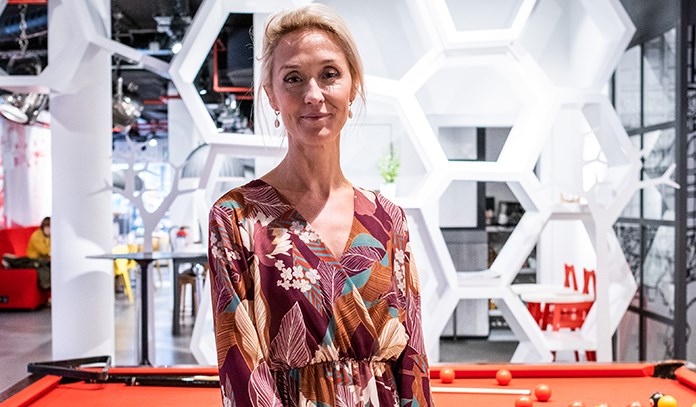
Kajsa Stenström, Brussels-based consultant
Q: Do EU decision-makers take the interests of Swedish forests into account?
A: The average Brussels decision-makers are not very familiar with Nordic forests - how they are used, how sustainable they are, and how present they are in daily life. Today they are highly relevant in the climate debate and the European Green Deal. If EU decision-makers understood the sustainability of Nordic wood, it would already be a big step forward. The more they know about Nordic forestry, the more informed their decisions will be. The figures in FutureVistas' report on the climate impact of Swedish forests are very persuasive and science-based. Today's event brought 'wood for thought'.
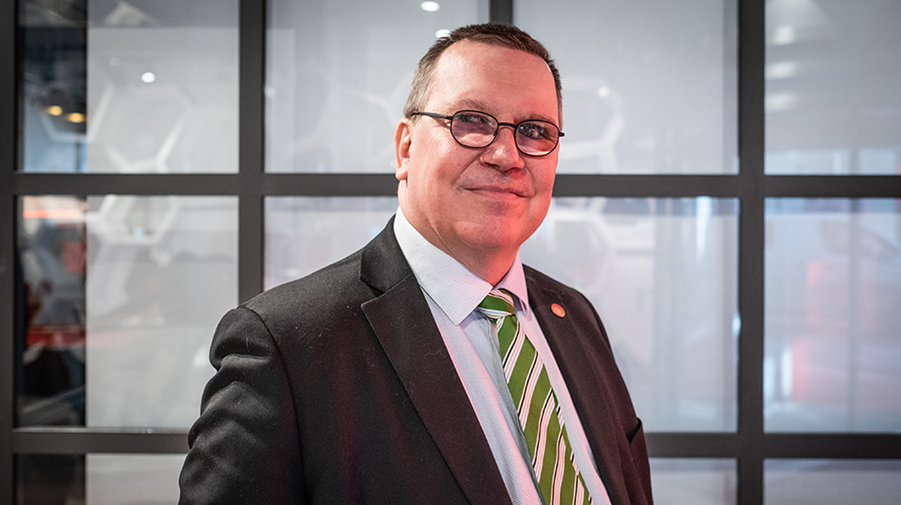
MEP Erik Bergkvist (S&D)
Q: What role do you see for Swedish forests in EU climate policy?
A: A very important one. When you look at the figures, you see that thanks to the forest industry, Sweden is almost carbon neutral today, whereas the goal is set for 2045. Perhaps we are already there, given that the figures are quite conservative. This is an important topic for us, Swedes. Look at what has been successful, enhance it and do not over-legislate what is working well. The Swedish forest management system is based on tradition and ownership. A European 'one-size-fits-all' approach will not work for Sweden and Finland. Forestry is a national asset and we should keep it like that, especially it if is helping the environment. If it's not broken, don't fix it.
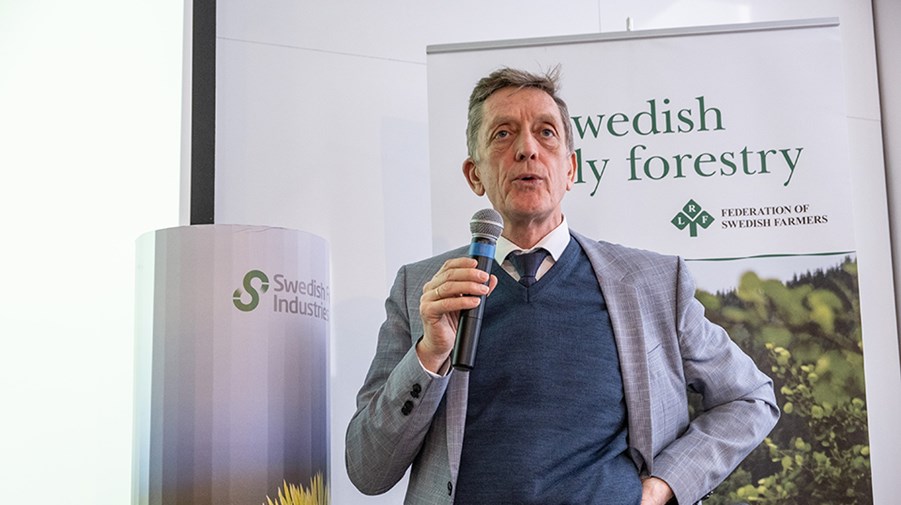
MEP Nils Torvalds (Renew Europe)
Q: What is a common misconception about forestry?
A: It's a challenge to make people understand the biology of the forest. Biodiversity is a very ideological topic and discussions are sometimes too simplistic. Finland and Sweden had ice inland 10,000 years ago. Hence their biodiversity is very young, compared to the 140-million-year Amazon rainforest, whose biodiversity is huge and much more vulnerable. Our biodiversity is simpler and less fragile. I agree that you should keep parts of the forest untouched – 30% in Finland. But for the rest, with good forestry management, you can keep both the biodiversity and use forest-based products to replace fossil-based materials such as plastics, creating jobs on top.
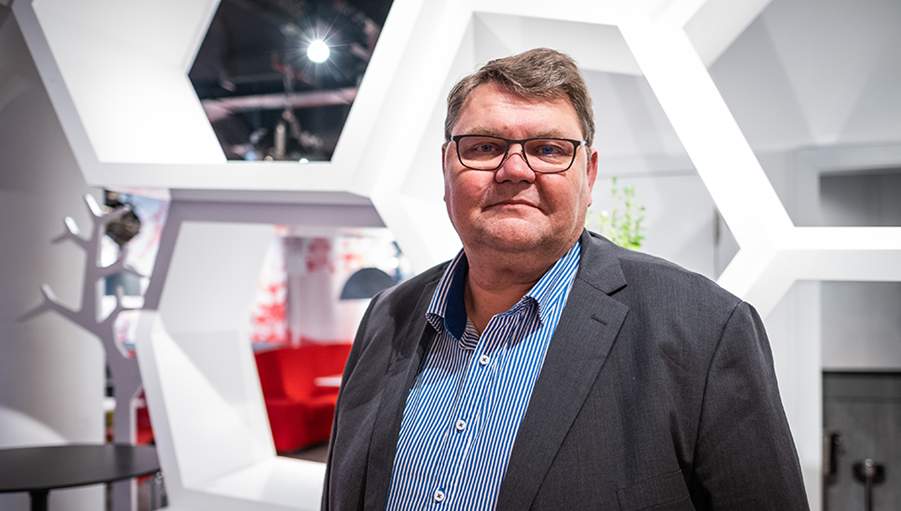
MEP Peter Lundgren (ECR)
Q: Why should the EU listen to the Swedish forestry sector?
A: We have a completely different way of managing forests in Sweden compared with the rest of Europe. Our climate is different too, from Europe's southern states. The EU wants to tell people how to do it, but forest owners are best placed to make decisions about their own forest. Their ownership has been passed on from generation to generation, so they have the greatest knowledge on how to manage their forest sustainably. The EU has to acknowledge that our forests are well managed. There are some challenges ahead to reduce the forest industry's emissions, but competition will incentivise action.